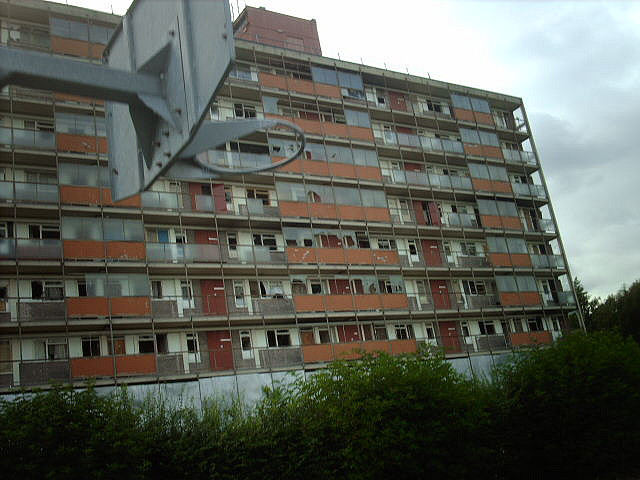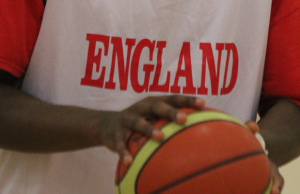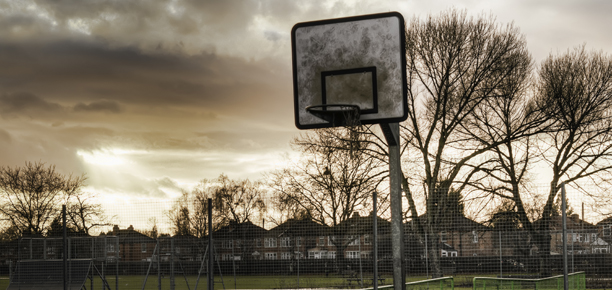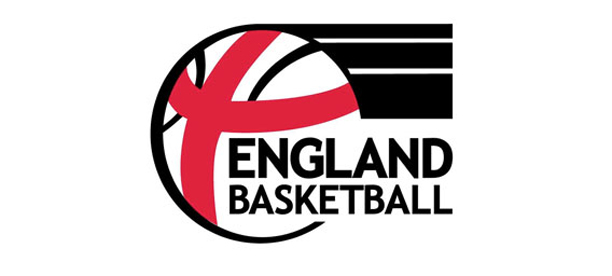The State of the Game – Roy Packham

There are few people in the UK that have had more time around the game than Roy Packham (bio at the bottom of the article) so when he got in touch sharing a few of his thoughts on the state of of basketball in England I had no hesistation in wanting to publish them. As a nice follow on from Des Williams’ peice on “Basketball in the UK Needs Fresh Ideas” (perhaps this should be a series!?), check out Roy’s thoughts and as always, please share your thoughts at the bottom of the article with a comment-Sam
It is an undeniable fact that, at a national senior level, almost no other country in Europe, has a worse standard of basketball than England.
The present Great Britain team, almost certainly, will compete in the 2012 Olympics. Nevertheless, to be able to enter a team of a sufficient standard, it was necessary for the basketball Associations to scour the world to find players who hold United Kingdom passports (including through means other than birth).
Competing in the Olympics will most certainly give the sport some much needed promotion and publicity, but will not do anything to improve the overall standard of the game.
Over the past 40 odd years of my involvement in the sport I have written a number of articles as to why, I think, the standard has deteriorated so much, some of which can be read on the BCAUK web site and which I do not propose to repeat here.
However, since I have always been so critical, perhaps I can offer some of my own suggestions and observations as to how to improve and develop the sport to enable basketball to, once again, compete and be taken seriously in European competition
1. The BBL should be run and administered by the EB, not as a separate entity.
2. It should be called the National Basketball League.
3. NBL/BBL should have more than one division.
4. The NBL/BBL must have promotion and relegation. Otherwise, as at present, there is no incentive to improve or develop.
5. Entry rules for Div 1, would need to be different than for Div 2
6. That every Division 1 NBL team MUST have a junior team or program. (It is the quality of the club program, rather than the quantity of players it has, that is important).
7. There must be a truly national junior league with 1st and 2nd divisions, with promotion and relegation. (Maybe the second division could be regionalised with a playoff at the end of the season.
8. Teams in Junior National League Div. 1 could play games immediately before their respective senior teams.
9. There must be an England team – to give ambition to players to play for their country. (A GB team will arguably not function after 2012)
10. A proper coaching development program must be instigated and coaches paid on a full time basis.
11. A person should be “co-opted” on to the Administration who should not only have business and corporate experience, commanding respect and influence within the business community and Government, but have the necessary vision as to how the game can be best developed.
(Had the Mallin Report been adopted, the Department of Culture Media and Sport had found such a person, plus an associated £4,000,000 sponsorship)
12. A person should be appointed specifically to target sponsorship for men, women and juniors, financed by a salary and/or percentage bonus.
13. A “community officer” could be appointed, responsible for going around the country talking to government and local authorities
14. Appoint a Television and Media person
It is easy to say any of the above cannot be achieved, but it has been done in the past and it did achieve considerable success.
There was a senior National League and clubs did have junior teams which competed in a junior national league. Coaches were paid on a full time basis and clubs, such as Crystal Palace, Kingston and others, competed successfully in European club competitions.
The development and standard of the game was such that sponsorship was very much in evidence and Channel Four decided to televise national league games on a regular weekly basis.
Young players took an active interest in the National League and most wanted to play for a National League club. As in many European countries, young players could even be seen wearing a national league club shirt, at times with a player’s name on the back – something you never see now!!
So why did all this not continue?
One reason was the lack of fortitude of the Association (at that time the EBBA) which eventually gave way to the protestations of a few clubs who found that playing under the rules and regulations in force at the time presented them with a number of difficulties they were not prepared to work to overcome.
Unfortunately the Association and clubs, did not have the personnel with the necessary experience or expertise to fully understand the huge importance of the involvement of television and, explicitly, how to ensure steps were taken to maximize this development (poor commentary, games won by 40 points, and games played in an almost empty arena etc. did not make for good television.).
Now, more television channels are coming on stream, in addition to the many that already exist. The expertise and experience of televising all sports is far more developed and understood. Given the right marketing, promotion and development, basketball could, once again, be made a viable attraction for television. (European countries televised all games of the recent FIBA World Championships but nothing was shown or mentioned on any UK television channel.)
One of the most basic problems of any sport is that of finance; whether dealing with its own internal finances, (basic running costs, membership, etc.), or having to contend with the financial politics of Government and local authorities with respect to the availability and costs of facilities.
Presently basketball has to exist on whatever grants might be available, and is dependent on Sports Council funding, at the moment around £3,000,000. Should this cease or reduce the sport will be in dire financial difficulty.
Additionally, without sponsorship and income from ‘bums on seats’, clubs are always going to be in financial trouble. Clubs will always have extreme difficulty to become self sufficient if they do not offer a “quality package” and have an arena capable of seating a requisite number of spectators. Equally, to obtain sponsorship, a quality package has to be offered that is entertaining, exciting, and gives the sponsor the required promotion and publicity.
There is no doubt both could be achieved – with time. England has an amazing abundance of really great talent, which is just waiting to be offered the opportunity to be developed, and if clubs made a concerted effort, basketball could really “take off”.
One other observation I would offer.
England is totally unique within Europe. Without going into specifics it has a culture and society unlike almost any other European country. Apart from football and rugby, it does not have a real interest in sport, a fact reflected in the attitude of both Government and local authorities. There is always a lot of PR and rhetoric but almost nothing else.
In other European countries, basketball has thrived for many years, but in England there is no real passion for the sport within the general public. If one has ever witnessed a game played in the Beogradska Arena in front of a capacity 23,000 spectators between Red Star Belgrade and Partizan, or between Unicaja Malaga and Barcelona, in front of a capacity 10,000 spectators, one will understand what passion really is. Basketball is regularly headline sports news in European daily papers, and television and sponsorship are both forthcoming.
I have never seen any game in England where spectators have shown this type of passion. Pubs and bars are certainly not filled with “aficionados” shouting for their particular team.
(As an aside; just recently I watched a local tournament for teams under the age of twelve. There were approximately two hundred people watching!!!)
So why is this? Why has the sport thrived in these countries but not in England? Is it perhaps cultural more than for any other reason? If so, then this will be extremely difficult to overcome.
But, “at the end of the day” one has to ask, how many people really care?!
Roy Packham has been involved with English basketball for some 40 years , being the junior coach to the now defunct Crystal Palace for about 30 years, winning 5 National Titles and 4 National Cups and remaining the only junior team to go undefeated for two straight seasons. For many years he spent periods of time in the USA where he was lucky enough to learn from the likes of Bob Knight, Jimmy Valvano, Dean Smith and others. He is now retired.
Image Credit: Hugovk






Pingback: “I Care”-A Response to ‘The State of the Game’-Duco Van Oostrum — Hoopsfix.com
Pingback: Coaching in the UK Needs a “Radical Overhaul” — Hoopsfix.com